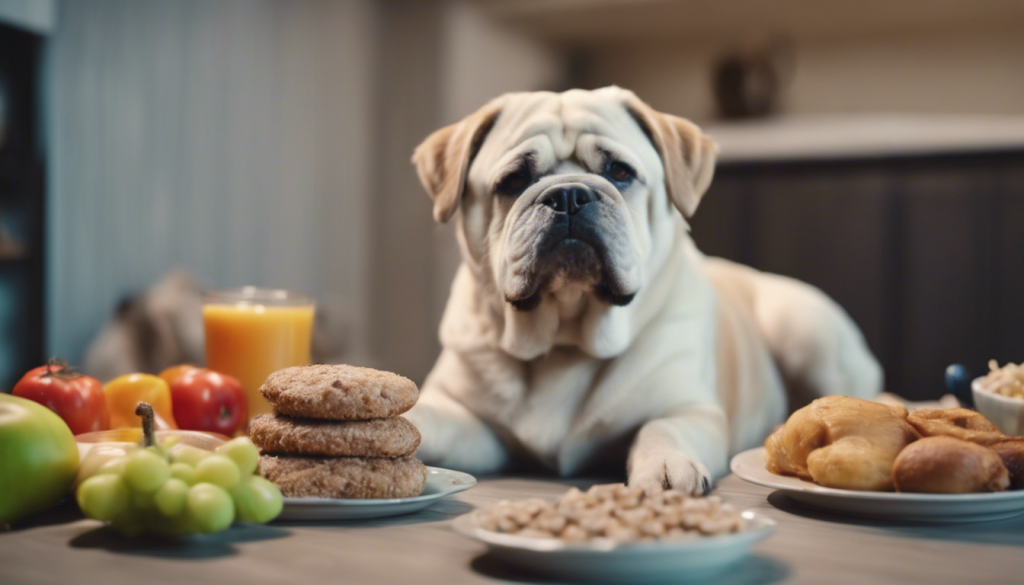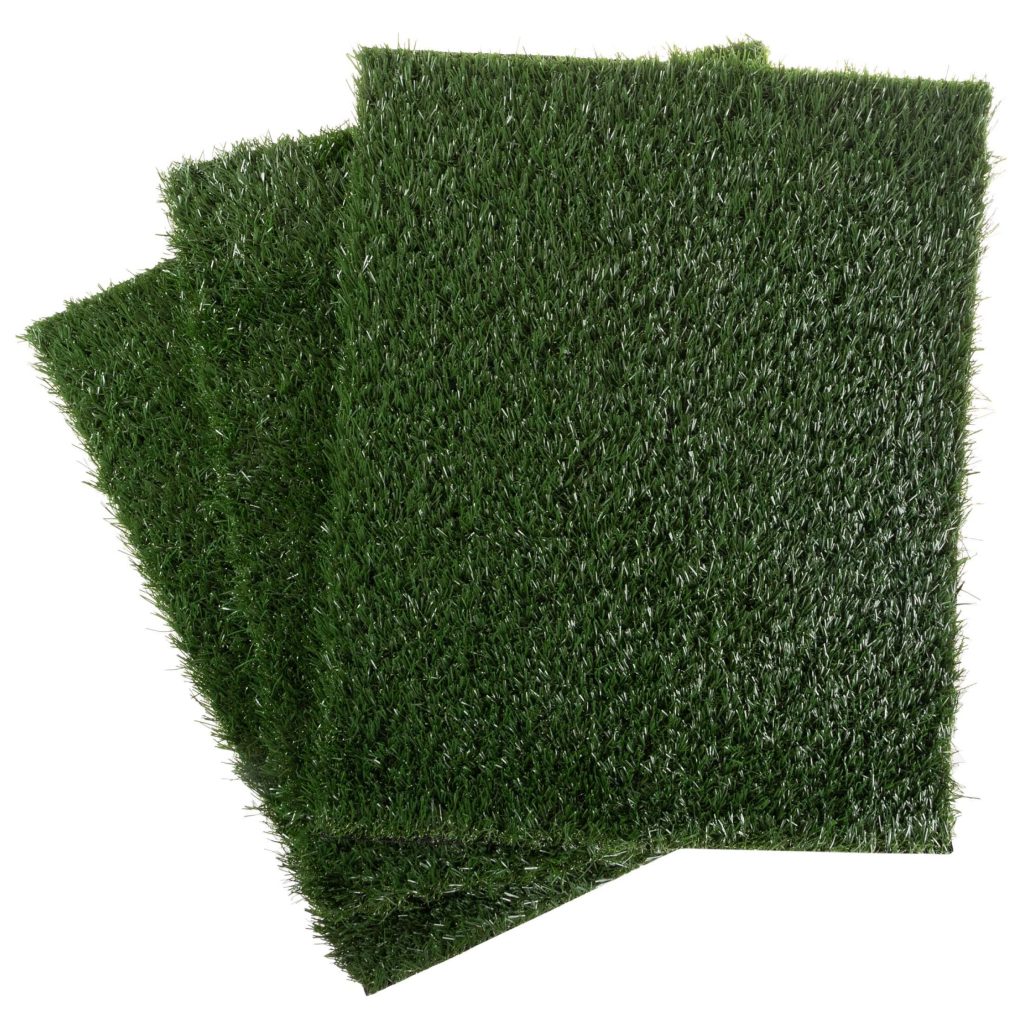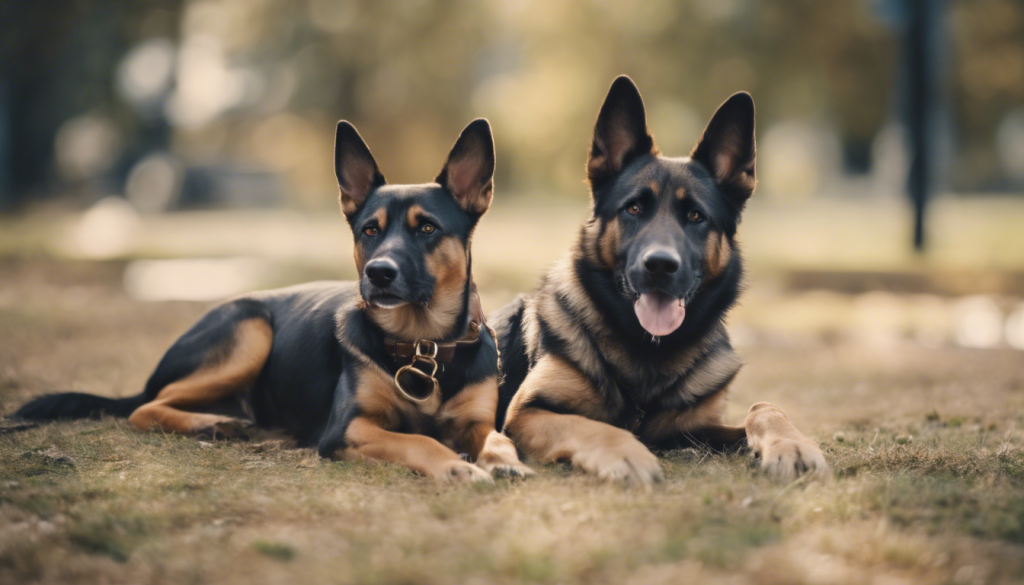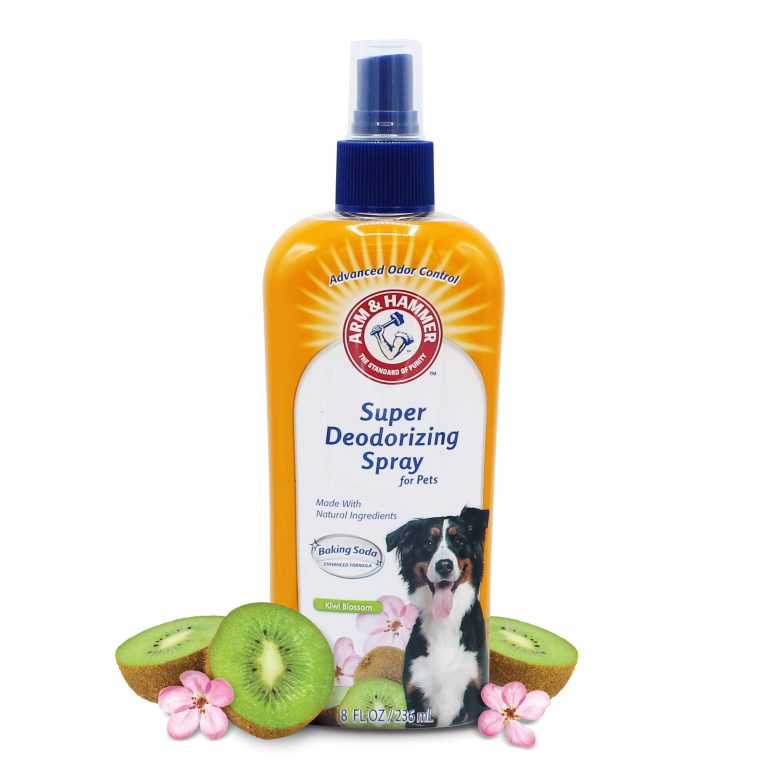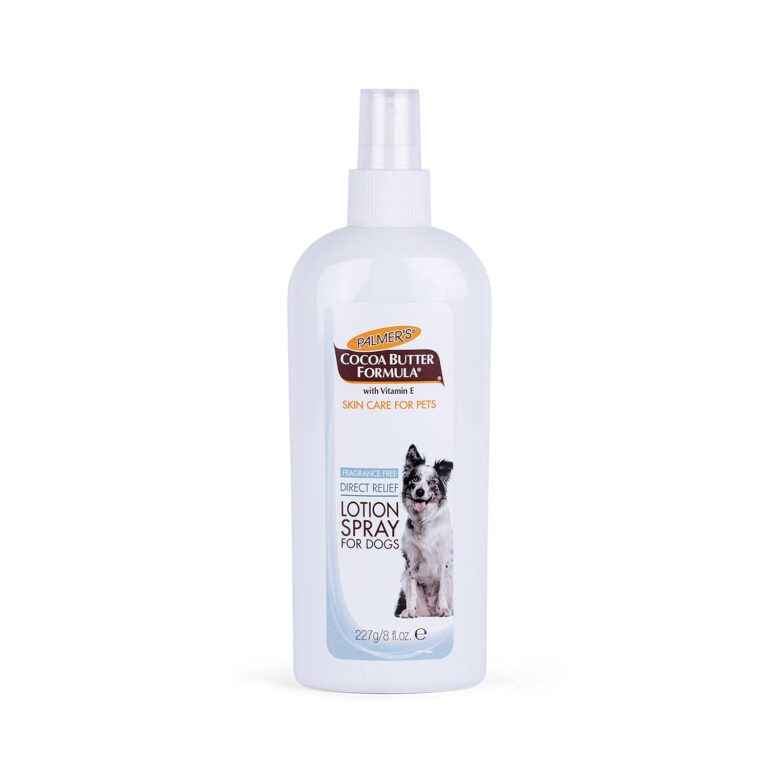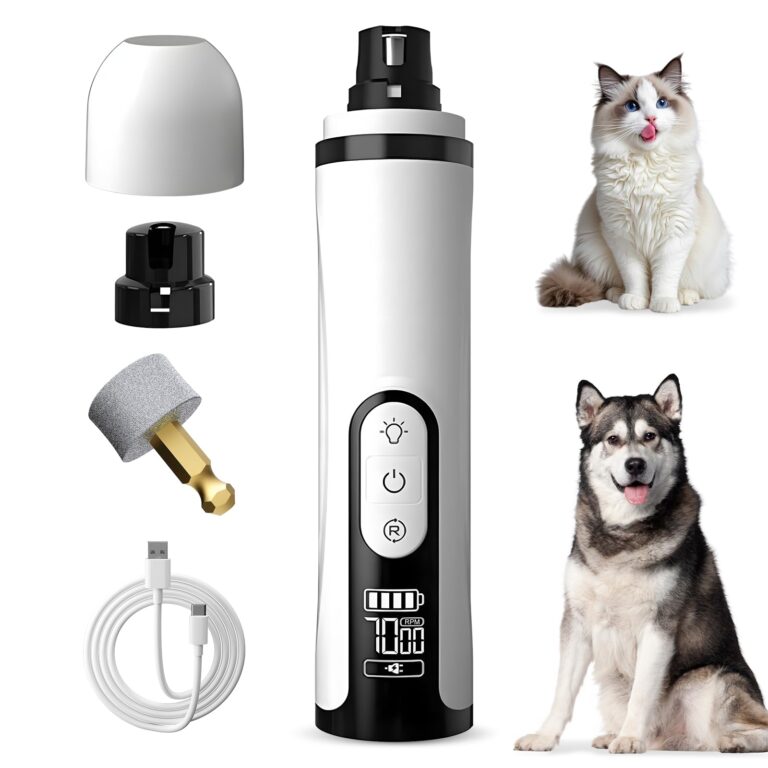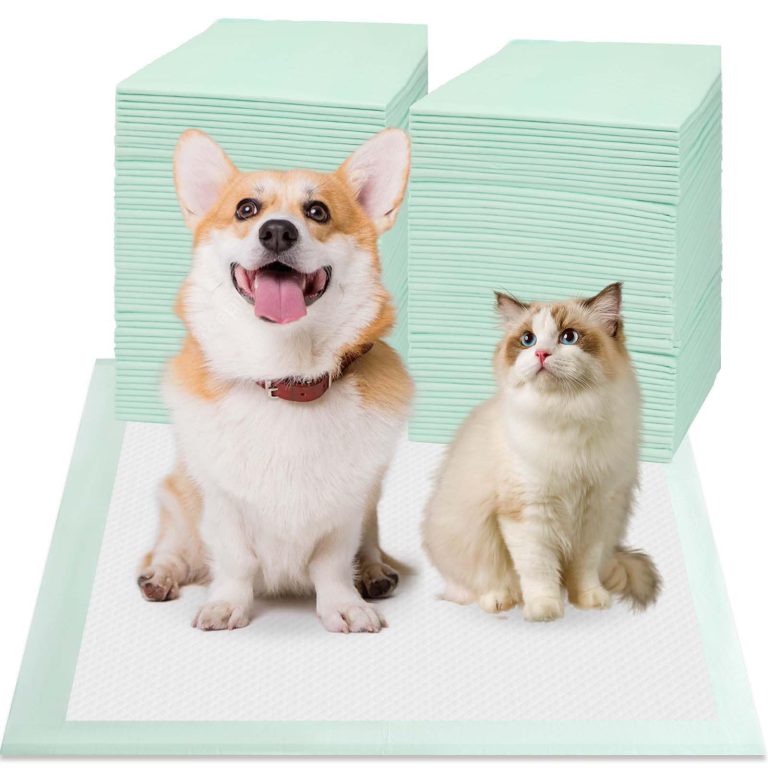Pointer

History and Origin of Pointer Breeds
The lineage of Pointer breeds stretches back to the 17th century, accruing a rich history etched in their very DNA. These canines emerged as early hunting partners, valued for their exceptional skills in locating prey. With an impressive combination of keen senses and a stable, patient stance upon spotting a bird, the Pointer’s signature pose—a single paw lifted and body inclined forward—became an emblematic trait aligned with their name.
Embodying a diverse heritage, Pointers are believed to have a bloodline intertwined with a mix of dogs extending from the Spanish Pointer to the heavier French breeds, further refined by Italian and English influences. The English Pointer, in particular, was selectively bred from the Spanish Pointer—one of the earliest recorded pointing breeds—to enhance qualities such as speed and agility. This strategic breeding throughout history has significantly shaped the contemporary Pointer breeds we know today.
Originally bred for the hunt in open fields, their superior abilities in scent-tracking made them indispensable companions of hunters in both Europe and America. As firearms were introduced and refined, so too were the skills of Pointer breeds. Their instinctual capacity to locate and discreetly point to game birds without disturbing them provided a seamless transition to working alongside sport hunters equipped with guns.
Amidst evolving landscapes and hunting practices, Pointers demonstrated a versatility that surpassed the expectations of an average sporting dog. Ancestrally entrenched as hunters, these breeds have gracefully transcended their original roles to become cherished family pets and show dogs, parading the adaptability and intelligence that helped them excel in the wild.
Throughout history, the purposeful development of Pointer breeds has yielded dogs synonymous with dedication and distinction. Their profound evolution from hardworking hunters to dynamic companions paints a legacy of adaptation and excellence that continues to endear them to dog enthusiasts around the world.
Physical Characteristics and Temperament
Pointer breeds are known for their sleek, muscular build, which is a testament to their athletic background. They possess a noble and distinctive head with a strong muzzle, alert eyes, and high-set ears that frame their face gracefully. Their coat, which can come in a variety of colors like liver, lemon, black, or orange, either solid or mixed with white, is short and smooth, making them relatively low maintenance in the grooming department. Underneath their coat is a body rippling with well-defined muscles, primed for endurance and speed.
The temperament of Pointer dogs matches their elegant physique. They are alert, intelligent, and brimming with energy, which makes them not just superb hunters but also exuberant companions. They have a friendly disposition and are known for their faithfulness to their human family. Pointer dogs thrive on attention and interaction, often displaying a warm and even temperament, which makes them excellent choices for an active family pet.
However, prospective owners should be aware of some of the breed’s instinctual behaviors. Pointers are hardwired for activity and can become restless or destructive without proper stimulation. Their innate hunting instincts mean that they may be prone to chasing wildlife, and therefore require secure areas to roam freely. Additionally, early socialization and consistent training are key to ensuring Pointers are well-behaved members of the household and the community.
When discussing the Pointer’s personality, one can’t neglect their renowned patience and concentration, which they exhibit when they ‘point.’ This ability to freeze in place is more than just a remarkable hunting skill—it’s a unique trait that often extends to other areas of their life. In play, they can be laser-focused and in training, they can show great attentiveness.
A Pointer’s exercise needs are not to be understated; they are not suited to a sedentary lifestyle. Their energy reserves are abundant, and they require plenty of opportunities to run, play, and explore their environment. An active owner who enjoys outdoor activities will find a faithful and tireless companion in a Pointer. Daily long walks, runs, or intense play sessions are essential for their physical and mental well-being.
Intelligence is one of the noble’s traits of Pointers, which is both a strength and a challenge. Their keen minds mean they learn quickly, but it also means they can get bored easily with repetitive tasks or lack of variety in their activities. Training should be engaging and rewarding, using positive reinforcement techniques to tap into their natural talents and willingness to please.
The Pointer combines refined grace with rugged athleticism, a testament to its lineage as a skilled field dog. With their friendly and loyal disposition, they make both dedicated hunting partners and affectionate family companions. But to truly thrive, they need an owner that understands and caters to their physical and mental needs, providing them with the love, exercise, and guidance they deserve.
Training and Exercise Requirements
Training a Pointer is a journey that’s as rewarding as it’s essential. They are quick learners and eager to please, which means that with the right approach, Pointers can be trained to a high level of obedience. However, their intelligence and energetic nature necessitate mental stimulation just as much as physical exercise. Puzzle toys, agility courses, and advanced obedience classes can all serve to keep their active minds engaged.
Positive reinforcement is the golden rule when training Pointer dogs. Whether it’s a treat, praise, or a favorite toy, acknowledging their successes will motivate them to learn and follow commands. Avoid resorting to harsh methods, as Pointers can be sensitive and may become withdrawn if treated poorly. They respond much better to a cheerful voice and a gentle hand.
Due to their hunting heritage, Pointers are inherently inclined to follow scents and might be tempted to take off if an interesting smell catches their attention. Therefore, recall training from an early age is particularly important. It’s crucial to establish a strong recall command that will bring your Pointer back to you regardless of distractions. This takes time and patience but is a vital element of their training regime.
Regarding exercise, remember that Pointers are not couch potatoes. They have an impressive reserve of stamina and will need at least one to two hours of vigorous activity every day. This can take the form of running, playing fetch, swimming, or a combination of various activities that will keep them fit and content. Without this exercise, a Pointer might resort to undesirable behaviors to burn off their extra energy.
It is also worth noting that socialization plays a critical role in a Pointer’s life. Exposing them to different environments, people, and other animals from a young age will help shape them into well-rounded adults. A well-socialized Pointer is more likely to exhibit a calm and confident demeanor, which is especially important given their size and strength.
When it comes to exercise and training, it’s not just about quantity but also quality. Find ways to incorporate their need for activity into everyday life. Canine sports like field trials, tracking, or even dock diving can tap into their instinctual drives and provide excellent physical and mental outlets.
Remember, consistency is key in both training and exercise. Establish a routine that includes daily activities to avoid disruption and potential behavior issues. With dedication and the right approach, living with a Pointer can be an incredibly fulfilling experience for both the dog and the owner.
Health Considerations and Lifespan
Turning to the health considerations and lifespan of the Pointer breed, these dogs are generally robust with a life expectancy ranging between 12 to 17 years. Like all breeds, however, they’re subject to certain hereditary health issues that prospective and current owners should be mindful of.
One of the most common conditions affecting Pointers is hip dysplasia, a genetic condition where the thigh bone doesn’t fit snugly into the hip joint. Watching for signs of discomfort or lameness in your Pointer’s hind legs, especially as they age, is key. Regular check-ups with a veterinarian can help to manage this condition, and maintaining a healthy weight through diet and exercise can also mitigate its impact.
Another issue prevalent in the breed is progressive retinal atrophy (PRA), a degenerative eye disorder that can lead to blindness. Responsible breeders should screen their breeding stock for this condition to reduce the risk of passing it on to puppies. Regular eye exams by a vet can help you catch any potential problems early on.
Pointers can also be prone to a range of other health concerns including ear infections, due to their drop ears which can trap moisture and debris, and skin conditions, often a result of their short coats exposing them to irritants. Regular ear cleanings and a keen eye on any skin changes are good preventative measures.
In addition, it’s wise to be aware of bloat, officially known as gastric dilatation-volvulus (GDV), which is a life-threatening condition where the stomach rapidly expands with gas and fluid. Pointers, like other large breeds, can be susceptible to this health emergency that requires immediate veterinary attention.
Regarding their care, it’s important to stick to a feeding schedule that includes high-quality dog food matched to their age, size, and activity level. Here’s a golden nugget – split their meals into two servings a day rather than one large meal to lower the risk of bloat. Also, incorporating lean proteins, healthy fats, and complex carbohydrates will support their high-energy lifestyle and help maintain lean muscle mass.
Grooming a Pointer is a relatively straightforward affair due to their short coat. Regular brushing will help to reduce shedding and keep their coat shiny. It is also a perfect time to bond with your pet and check for any lumps, bumps, or skin irregularities. Nail trims and dental care should also be part of their regular grooming routine to prevent any long-term health issues.
Being proactive in their health management by keeping up to date with vaccinations, preventative medications for parasites, and annual check-ups can contribute to a Pointer’s longevity and quality of life. Above all, the love and attention you give to their physical and emotional well-being will be the most potent medicine, ensuring they live a long, happy, and healthy life by your side.
